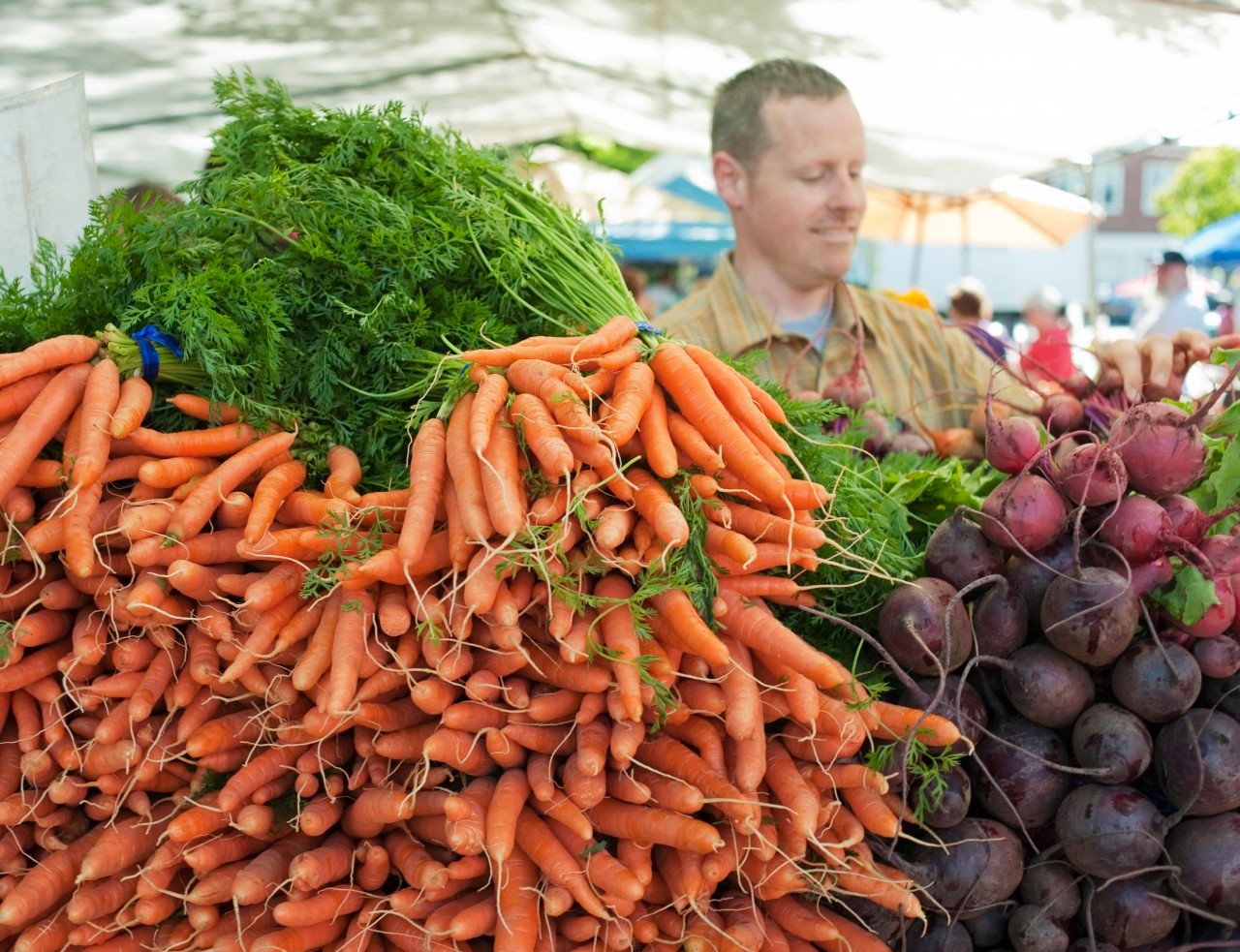Food Poisoning Symptoms - Conclusion

What to eat when you have diarrhea
If you have diarrhea from food poisoning, you can usually eat a regular, healthy diet if you are hungry. Eat small meals throughout the day, rather than three large meals. You may feel most comfortable following the BRAT diet of:
- Bananas
- Rice
- Applesauce
- Toast
These foods are gentle on your stomach. Other foods you may find comfortable to eat include mild fruit, cooked vegetables, chicken, crackers, potatoes, and noodles.
Drink plenty of clear liquids, such as water, grape juice, or broth, to prevent dehydration while you have diarrhea. You can give children rehydration drinks such as Pedialyte, and they can continue drinking milk, formula, or breastmilk.
If you have diarrhea, do not consume drinks or foods that can irritate your stomach, such as:
- Alcohol
- Milk, cheese, or other dairy
- Products with caffeine
- Spicy, fried, or greasy food
- Food or drinks high in sugar or artificial sweeteners
How to avoid food poisoning
Careful food preparation is essential to avoid food poisoning.
Clean your hands and all surfaces thoroughly, both before and after preparing food. Always cook with clean utensils, pans, and dishes. Wash fruits and vegetables with running water before eating them.
Separate raw meat, eggs, fish, and poultry from other ingredients. Before they are cooked, these foods contain bacteria that can cross-contaminate other food. Use separate cutting boards and knives for raw meat.
Cook food to the correct temperature, especially meat. The CDC provides a list of safe minimum cooking temperatures for many foods.
Refrigerate perishable food within two hours. Food that spoils can grow bacteria or mold that can make you ill. If food has begun to spoil, throw it out.
If you are sick, particularly if you have experienced vomiting or diarrhea in the last 24 hours, you should not prepare food for others.
Food poisoning treatment
Mild cases of food poisoning can generally be treated by resting at home.
Drinking plenty of clear fluids to stay hydrated, and replenish your electrolytes through drinks such as coconut water. Avoiding large meals will help prevent vomiting. When you do eat, choose mild foods that won’t irritate your stomach.
Adults can also use over-the-counter medication to treat diarrhea. Do not give these medicines to children without consulting a doctor first.
Most cases of food poisoning resolve on their own. However, you should see a doctor if symptoms persist more than a few days. If bacteria is causing your food poisoning, you may need antibiotics to recover fully, which only a doctor can prescribe. You should also seek medical attention if you notice symptoms becoming worse or any signs of dehydration.
Updated:
March 26, 2020
Reviewed By:
Janet O’Dell, RN